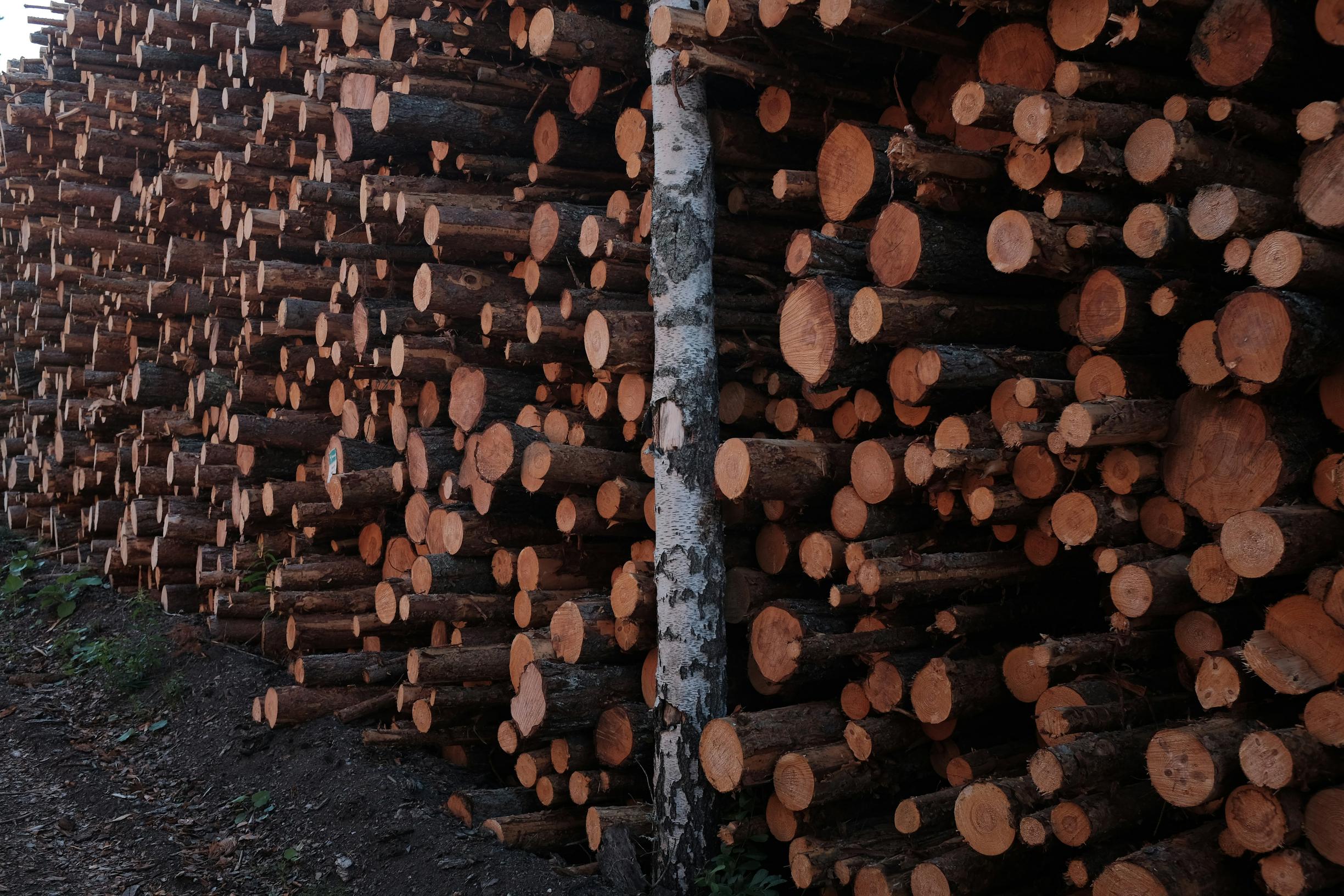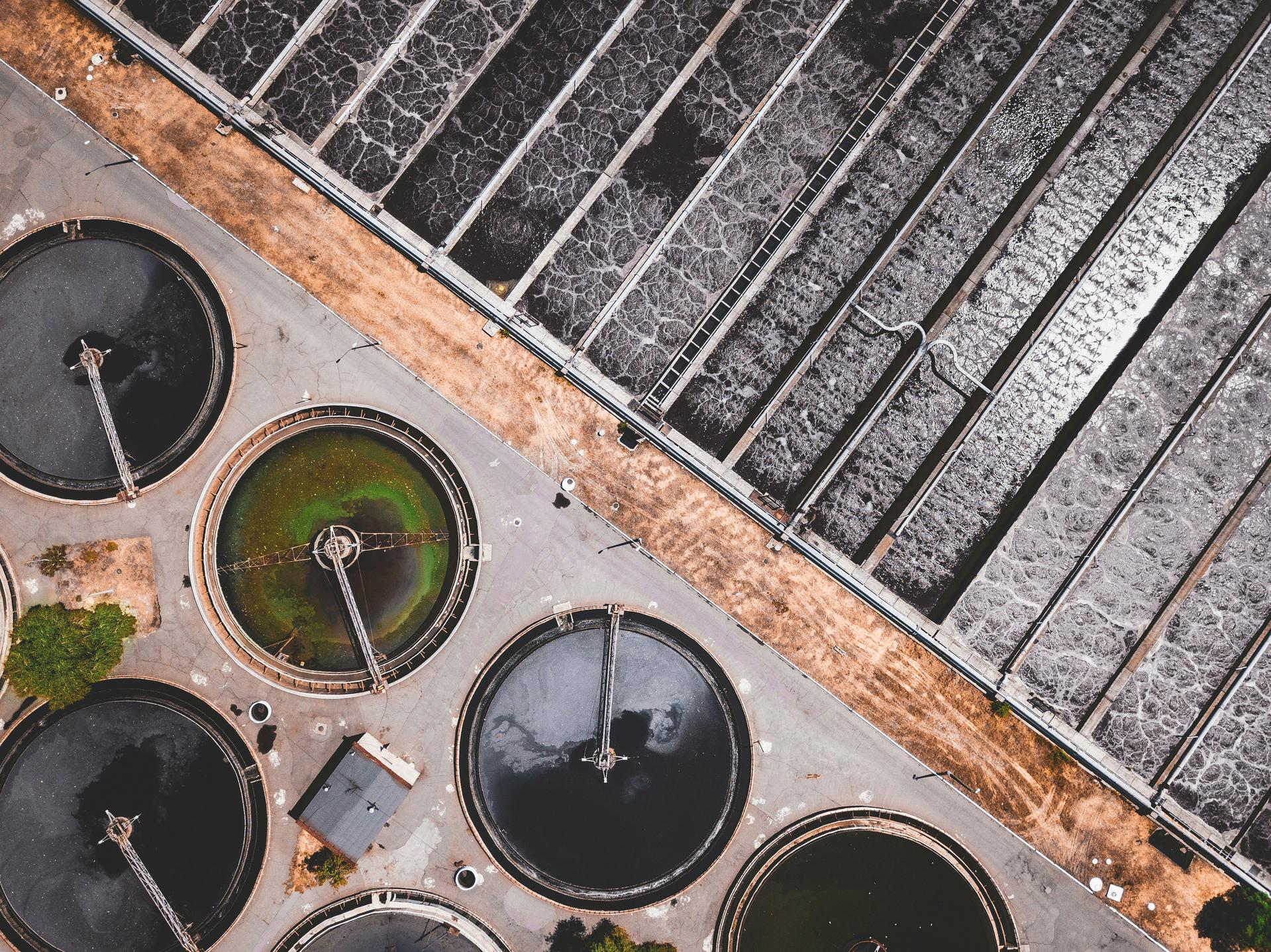Climate change is one of the most pressing challenges of our time, reshaping ecosystems, economies, and societies at an alarming rate. At its core, climate change refers to long-term shifts in global temperatures and weather patterns, primarily caused by human activities, such as burning fossil fuels, deforestation, and industrial processes. These activities release greenhouse gases like carbon dioxide (CO₂) and methane, trapping heat in the Earth's atmosphere—a phenomenon known as the greenhouse effect.
The Current Impact
The effects of climate change are already evident around the globe. Rising temperatures have led to the melting of polar ice caps and glaciers, causing sea levels to rise. Coastal communities face increased flooding, while small island nations are at risk of disappearing altogether. Extreme weather events, such as hurricanes, wildfires, and heatwaves, are becoming more frequent and severe, putting millions of lives and livelihoods at risk.
Biodiversity is also under threat, as many species struggle to adapt to changing habitats. Coral reefs, often referred to as the “rainforests of the sea,” are bleaching and dying due to warmer oceans. On land, shifts in temperature and rainfall patterns disrupt ecosystems, pushing some species to the brink of extinction.
Future Projections
If global temperatures continue to rise unchecked, the consequences will be catastrophic. Scientists predict more severe weather disruptions, widespread food and water scarcity, and increased displacement of people due to environmental factors. Economically, the costs of inaction far outweigh the investments needed for sustainable solutions.
The Intergovernmental Panel on Climate Change (IPCC) warns that limiting global warming to 1.5°C above pre-industrial levels is essential to prevent the worst outcomes. Achieving this goal requires urgent action to reduce greenhouse gas emissions and transition to renewable energy sources like solar, wind, and hydropower.
What Can We Do?
While governments and industries play a critical role in combating climate change, individuals also have the power to drive change. Simple actions, like conserving energy, reducing waste, and adopting sustainable practices, can collectively make a difference. Supporting climate-conscious policies, investing in green technologies, and spreading awareness are crucial steps toward a more sustainable future.
Hope for Tomorrow
The fight against climate change may seem daunting, but progress is possible. Innovations in clean energy, reforestation projects, and international agreements like the Paris Accord offer hope. By working together, we can mitigate the effects of climate change and ensure a healthier, more resilient planet for future generations.
The time to act is now. The future of our planet depends on it.





